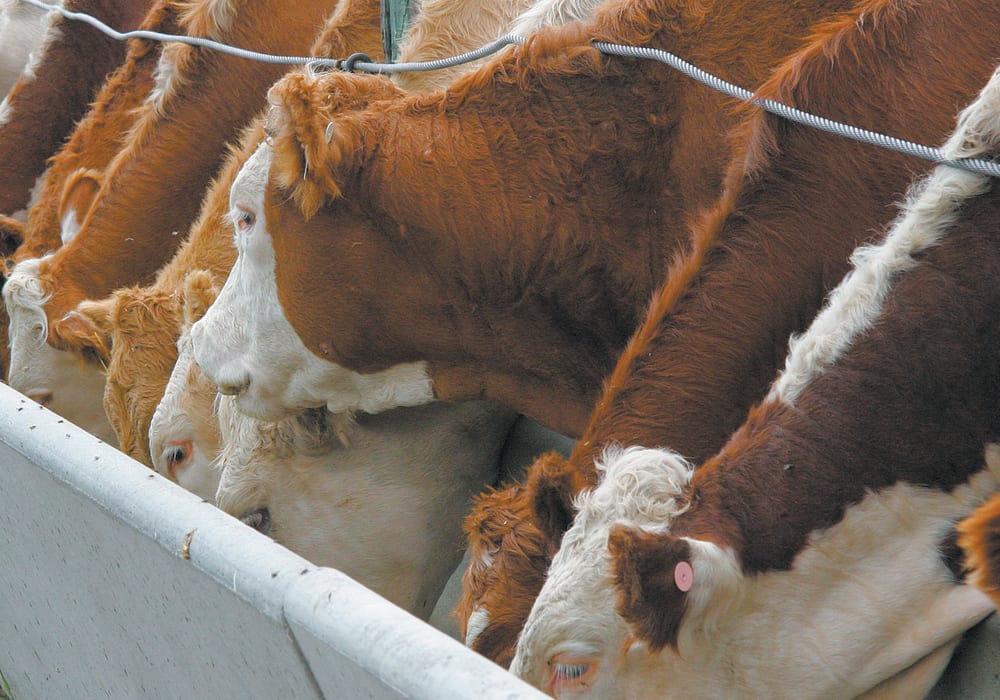The market for feed grains in Western Canada is largely flat, but could change soon, according to one commodities trader.
“I don’t know if I’m bearish or bullish. I’m kind of flat right now as a trader,” said Evan Peterson of JGL Commodities in Moose Jaw, Sask.
Peterson said there are still large imports of United States corn coming into ‘feedlot alley’ in Lethbridge, Alta., which act as a lid on prices for other feed grains. However those corn imports will begin to decline as domestic supplies of feed grains increase.
Read Also

Europe holds promise for Canadian lentils
Pulse Canada is trying to help boost lentil consumption in Europe, which is already the fourth largest market.
“The feedlots in Alberta are seeing lots of feed wheat come at them,” Peterson said, noting this fall’s disagreeable weather lowered the quality of several crops.
Prices for feed oats, however, are improving according to Nelson Neumann of Agfinity in Stony Plain, Alta.
“We’ve been seeing decent pricing on feed oats, depending on the quality if the weight is there,” said Neumann.
The price is C$2.50 to C$3 per bushel delivered, especially if the oats are of high quality and there is a strong demand for milling oats he said.
Others are moving away from corn to wheat Neumann added. Prices for feed wheat are at C$238 to C$240 per tonne in the Lethbridge area, he said, while feed barley is getting C$245 to C4248 per tonne. For January to March delivery, prices are at C$250 to C$252 per tonne.
Peterson believes prices will improve in the next three months.
“As far as trends go, I can see a bit of a run here in the springtime as feed grain starts to run out, especially if it’s dry again,” he said.















